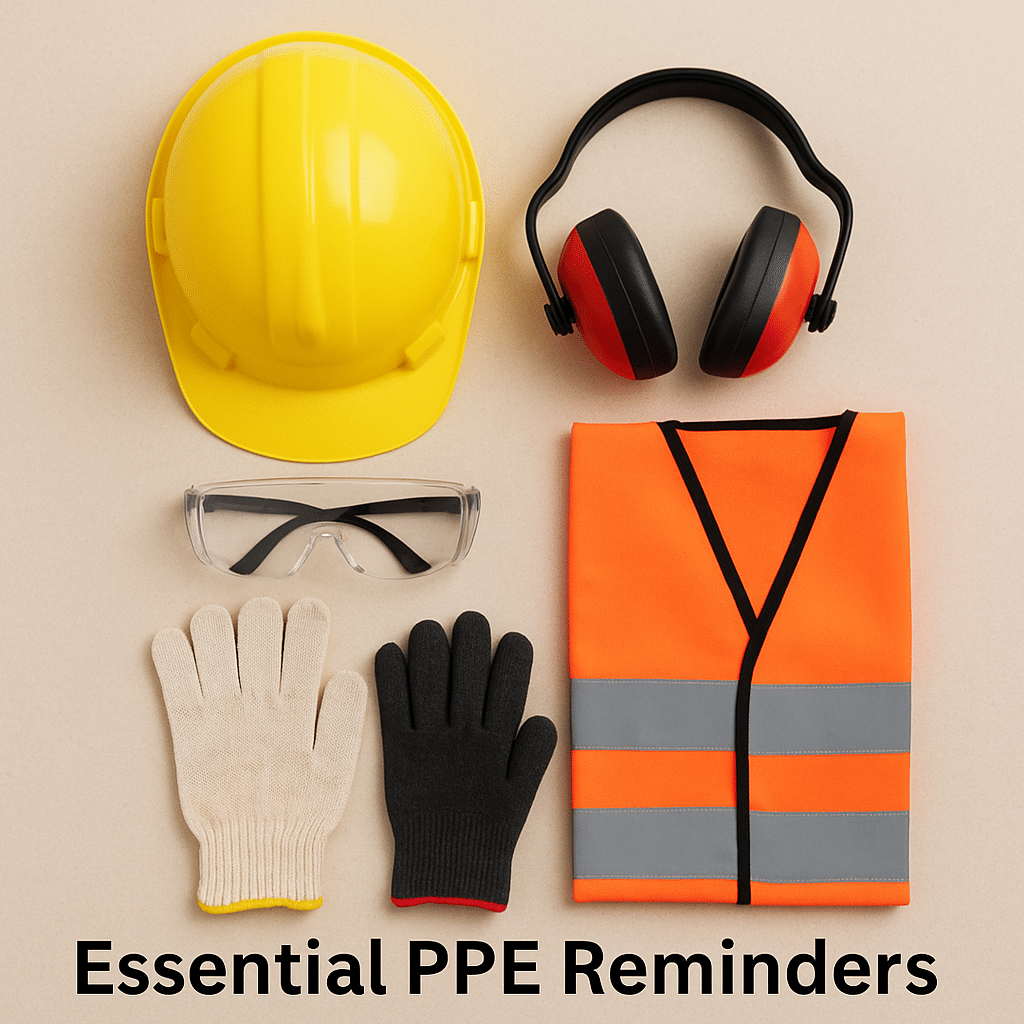Mental Health First Aid is no longer a nice-to-have skill in leadership—it’s a must. At the beginning of every workplace conversation about well-being, managers play a crucial role in creating a culture where mental health is prioritized just as much as physical safety. 
With stress, burnout, anxiety, and depression on the rise globally, understanding mental health first aid can make all the difference in early intervention and long-term outcomes.
Why Mental Health First Aid Matters
Mental health issues cost the global economy nearly $1 trillion per year in lost productivity, according to the World Health Organization (DoFollow).
For employers, this means absenteeism, presenteeism, turnover, and healthcare costs skyrocket. But beyond the numbers, it’s about people. Real people are struggling—often silently—right in front of us.
Managers trained in mental health first aid can:
- Recognize early signs of distress
- Approach team members with empathy
- Refer appropriately to support systems
- Reduce stigma around mental illness
What is Mental Health First Aid?
Mental Health First Aid (MHFA) is an evidence-based training program that teaches individuals how to identify, understand, and respond to signs of mental health and substance use challenges.
Much like physical first aid, the goal isn’t to diagnose or treat—it’s to support and guide someone toward professional help.
Common situations managers may encounter include:
- An employee showing signs of depression or anxiety
- A team member reacting poorly to workplace stress
- Sudden drops in performance or attendance
- Expressions of hopelessness or suicidal thoughts
Core Skills Every Manager Should Learn
Managers equipped with Mental Health First Aid training can transform a workplace. Key skills include:
Active Listening and Non-Judgmental Support
Providing a safe space where employees can talk without fear of judgment is powerful. Use reflective listening and show genuine concern. Avoid minimizing the problem or offering oversimplified advice.
Recognizing Red Flags
Early signs may be subtle: irritability, withdrawal, uncharacteristic errors, or sudden absenteeism. Know the red flags for conditions such as anxiety, depression, or burnout.
Knowing the ALGEE Action Plan
A common framework taught in MHFA is ALGEE:
- Approach, assess, and assist with any crisis
- Listen non-judgmentally
- Give reassurance and information
- Encourage appropriate professional help
- Encourage self-help and support strategies
Confidentiality and Boundaries
Managers are not therapists, but their role as the first line of support is critical. Knowing when to listen and when to refer to HR, EAP, or mental health professionals is essential.
Creating a Mentally Healthy Workplace Culture
Mental Health First Aid isn’t just about individual moments of crisis—it’s also about fostering a workplace culture that supports mental well-being long-term.
Normalize Mental Health Conversations
Incorporate mental health into safety meetings, wellness programs, and one-on-ones. Just as you’d talk about ergonomic posture or fire drills, discuss burnout prevention and self-care strategies.
Encourage Work-Life Balance
Preventative care matters. Managers should model healthy behavior—taking time off, setting boundaries, and avoiding glorification of overwork. Encouraging breaks, PTO usage, and flexibility supports team wellness.
Promote Access to Resources
Make sure employees are aware of internal supports like Employee Assistance Programs (EAPs), mental health coverage, or support groups. You can also refer to external platforms like CAMH or OHSE.ca for mental health safety tips and educational resources.
Legal and Ethical Responsibilities
While mental health support is compassionate leadership, it’s also a compliance issue. In many jurisdictions (including Canada), employers have a duty to accommodate mental health conditions under human rights laws.
Ignoring signs of mental distress or penalizing employees for disclosing mental health issues can lead to legal consequences. Training in Mental Health First Aid helps managers navigate these situations ethically and appropriately.
Integrating MHFA into Manager Training
Implement MHFA as part of leadership development, onboarding, and refresher courses. Leading organizations like Mental Health First Aid Canada and Mental Health America offer certified training options.
Make it part of your safety culture, just like CPR or fire safety.
Real-World Example
Imagine a manager noticing that an employee, once enthusiastic and dependable, has become withdrawn and irritable. Rather than reprimanding them for low performance, the manager uses MHFA principles: gently checks in, listens non-judgmentally, and encourages them to reach out to a counselor.
Weeks later, the employee reveals that this act of compassion prevented a mental health crisis. This isn’t hypothetical—this is happening in companies today.
Final Thoughts: Every Manager is a First Responder
Mental Health First Aid equips leaders not just to manage performance—but to support people as whole human beings. When managers show care, empathy, and informed support, they don’t just improve productivity—they save lives.
Make MHFA part of your leadership toolkit. It’s one of the most human and effective things you can do.



